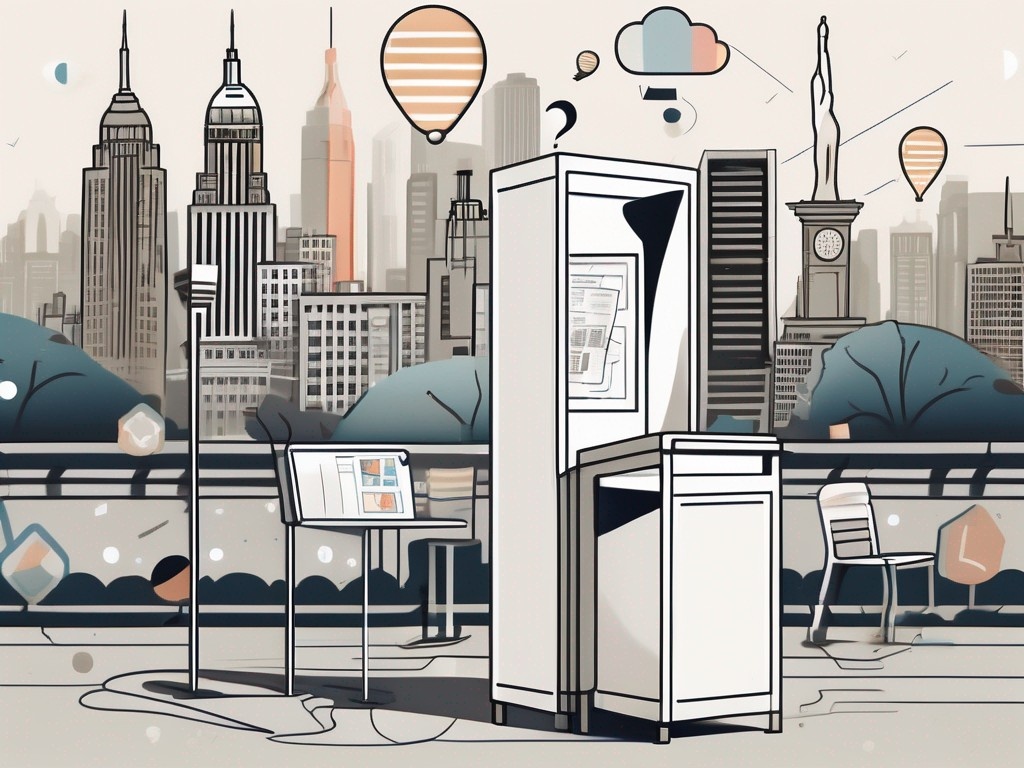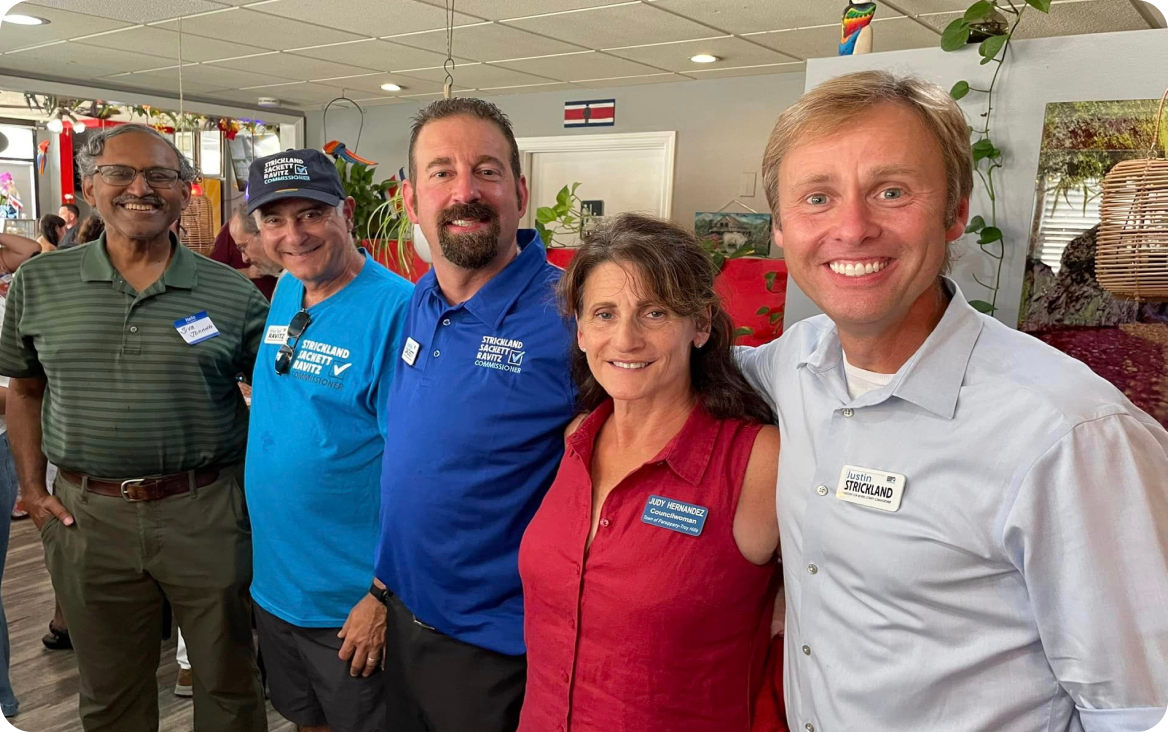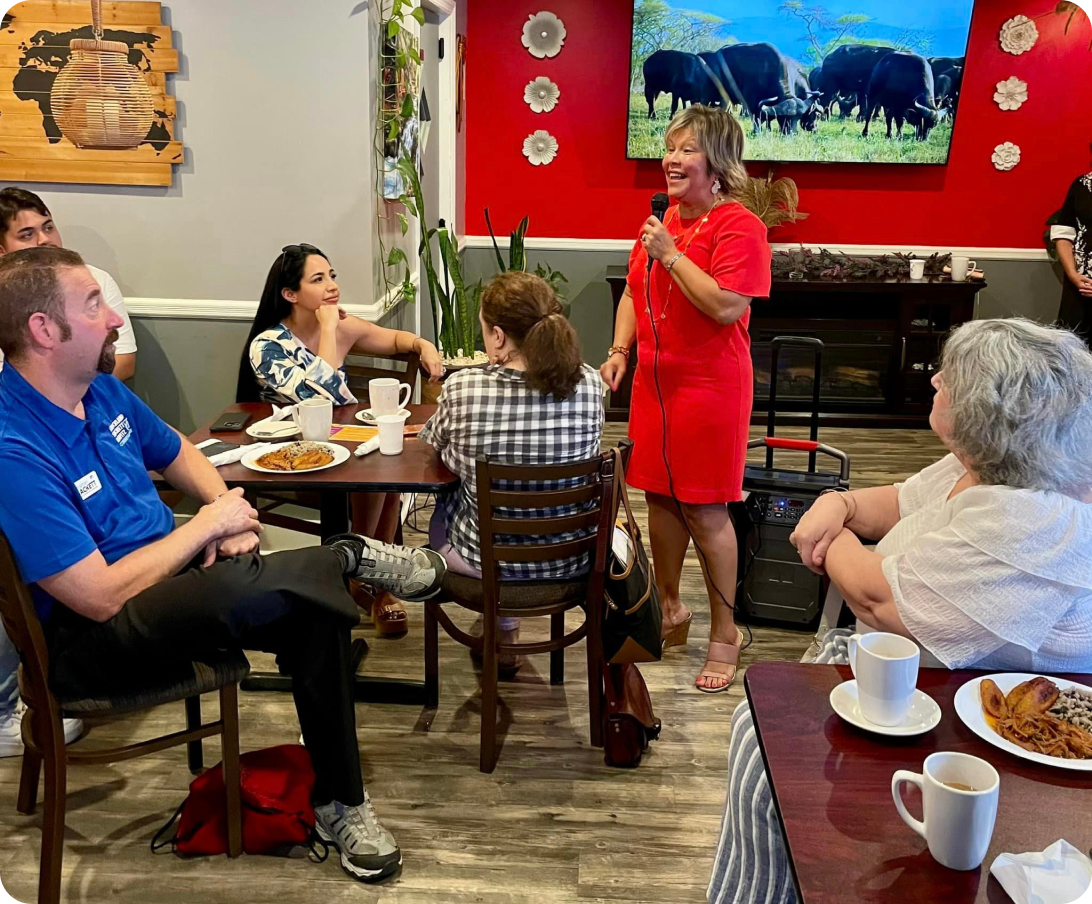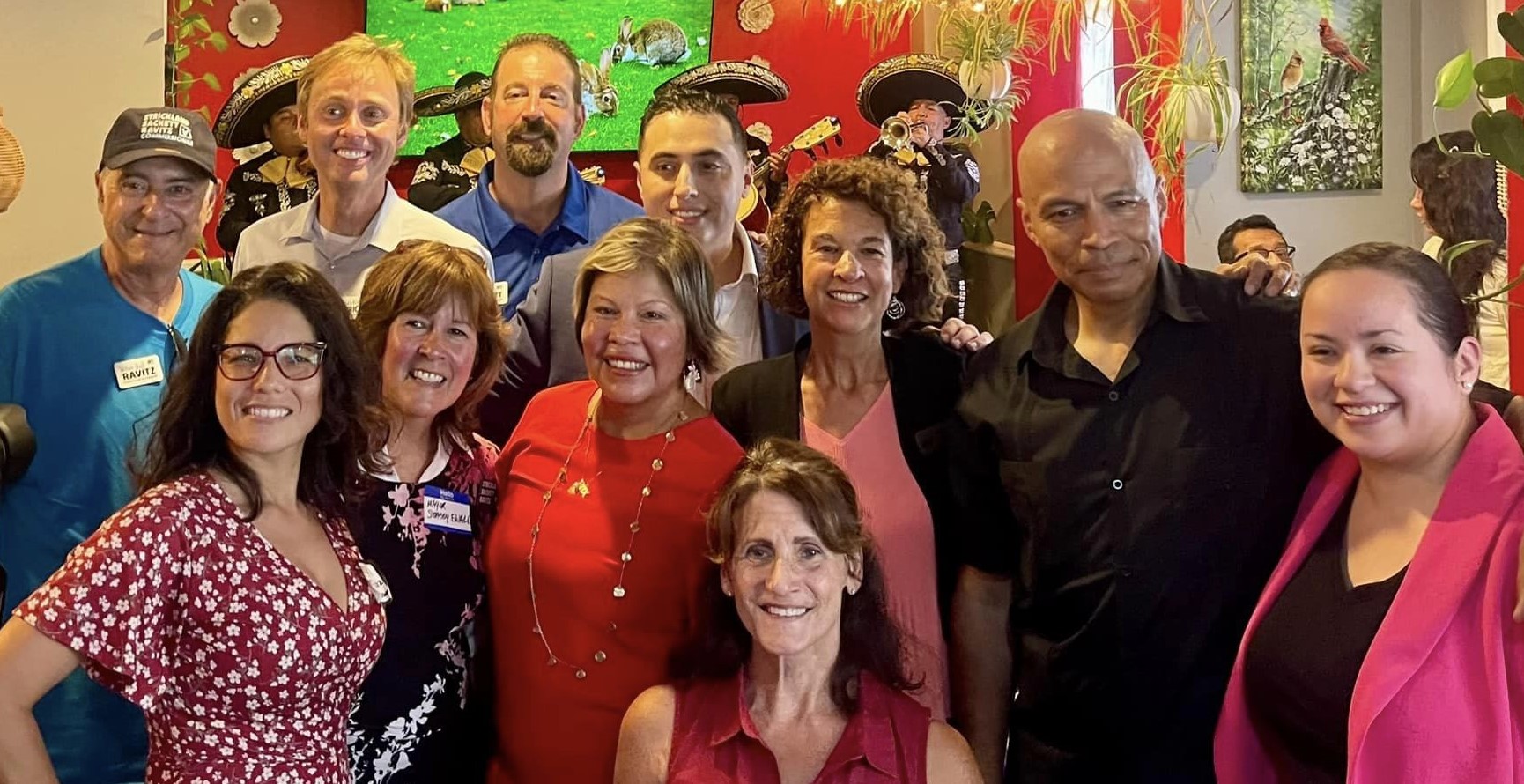Communities are the essential building blocks of society, and their strength is directly linked to the active participation of their members. In New Jersey, a state known for its rich diversity and vibrant neighborhoods, understanding what makes a community strong is paramount. This article delves into various dimensions of civic participation and community engagement, exploring how these elements foster stronger, more resilient communities.
Understanding the Concept of a Strong Community
A strong community is characterized by a sense of unity, shared purpose, and active involvement of its members. It thrives on collaboration, ensuring that all voices are heard and considered in decision-making processes. This section will define community strength and explore the vital elements that contribute to it.
Defining Community Strength
Community strength can be defined as the collective ability of individuals to work together towards common goals. It encompasses various social, economic, and environmental factors that directly affect the quality of life. A strong community not only supports its residents during times of crisis but also creates opportunities for personal and collective growth.
Essentially, the strength of a community can be measured through its resilience—how well it can adapt to changes and challenges. Key indicators of this resilience include low crime rates, high educational attainment, strong local economies, and active civic organizations. For instance, communities that prioritize education often see a ripple effect, where higher educational levels lead to increased job opportunities and a more informed citizenry, which in turn fosters civic engagement and social responsibility.
Key Elements of a Strong Community
Several key elements contribute to the strength of a community, including:
- Social Connectivity: The relationships among community members create a robust support network.
- Shared Values and Goals: Common interests and objectives align residents, fostering collaboration.
- Active Leadership: Strong leaders within the community inspire and mobilize residents to take action.
- Access to Resources: The Availability of essential services, such as education, healthcare, and public safety, enhances community strength.
Understanding these key elements allows communities to identify areas for improvement, bolstering their overall resilience. Moreover, the presence of community events and activities, such as festivals, workshops, and volunteer opportunities, plays a crucial role in strengthening these connections. These gatherings not only provide a platform for social interaction but also reinforce the shared identity and pride among residents, creating a vibrant atmosphere where everyone feels valued and included.
Furthermore, the integration of technology in community engagement has opened new avenues for connection and collaboration. Online platforms and social media have become essential tools for fostering communication, allowing residents to share resources, organize events, and discuss local issues in real time. This digital connectivity complements traditional forms of community interaction, ensuring that even those with busy schedules or mobility challenges can participate in community life, thus enhancing the overall strength and inclusivity of the community.
The Role of Civic Participation in Building Strong Communities
Civic participation is crucial for fostering strong communities. It involves the active involvement of citizens in the political and social processes that shape their neighborhoods. This section examines the impact of civic participation on community cohesion and discusses strategies to encourage it.
The Impact of Civic Participation on Community Cohesion
Civic participation plays a pivotal role in community cohesion by fostering trust and collaboration among residents. When individuals are involved in local governance, they tend to develop a deeper sense of belonging and responsibility towards their community.
Studies have shown that communities with higher levels of civic engagement experience lower crime rates and improved public health outcomes. Participatory initiatives such as community forums, town hall meetings, and volunteering opportunities promote dialogue and understanding among residents, enhancing the overall social fabric. Furthermore, civic participation can lead to more equitable resource distribution, as engaged citizens are more likely to advocate for the needs of their neighborhoods, ensuring that marginalized voices are heard and considered in decision-making processes.
Encouraging Civic Participation: Strategies and Challenges
Encouraging civic participation can be challenging, but several strategies can effectively mobilize communities:
1. Education and Awareness: Informing residents about the democratic process and their rights encourages involvement.
2. Accessible Platforms: Creating easy-to-use platforms for community members to voice opinions can increase participation.
3. Building Relationships: Strong networks among community entities can act as catalysts for greater civic involvement.
Despite these strategies, barriers such as apathy, socioeconomic disparities, and lack of trust in institutions often hinder civic participation. It is essential for community leaders to address these challenges to cultivate an engaging environment. Additionally, leveraging technology can play a significant role in bridging gaps; for instance, social media campaigns can raise awareness and mobilize individuals who may feel disconnected from traditional civic structures. By utilizing digital tools, communities can create vibrant online spaces for discussion and collaboration, making it easier for residents to engage with local issues and each other.
Moreover, fostering a culture of civic participation requires ongoing commitment and innovation. Initiatives like mentorship programs can empower younger generations to take an active role in their communities, while partnerships with local organizations can amplify outreach efforts. Celebrating civic achievements, no matter how small, can also inspire others to get involved. By recognizing and honoring the contributions of engaged citizens, communities can build momentum and encourage a cycle of participation that strengthens social ties and enhances collective well-being.
The Significance of Community Engagement in New Jersey
Community engagement encompasses the efforts made by individuals to connect and build relationships with their community. In New Jersey, where diverse populations coexist, fostering an inclusive environment is critical for building strong bonds among residents. This section will examine the state of community engagement and its contributions to community strength.
The State of Community Engagement in New Jersey
New Jersey has made significant strides in community engagement over recent years. Various organizations are taking proactive measures to enhance civic involvement through various programs. These initiatives often focus on empowering residents to take an active role in local governance, thereby ensuring that their voices are heard and valued in the decision-making process.
Nonetheless, challenges remain. The state’s diverse demographics can sometimes lead to fragmentation, hindering collective engagement. Addressing these divisions is paramount to fostering an inclusive sense of community. Efforts to bridge cultural gaps through community dialogues and intercultural events are essential in promoting understanding and collaboration among different groups. By creating spaces where residents can share their stories and experiences, New Jersey can cultivate a more unified community spirit.
How Community Engagement Contributes to Community Strength in New Jersey
Community engagement enhances resilience by creating strong networks and encouraging collaboration among residents. When individuals actively participate, they contribute to decision-making, bring unique perspectives, and work towards collective solutions. This involvement is crucial in New Jersey, where community strength often relies on diversity. Programs that focus on mentorship and skill-sharing can further empower residents, allowing them to leverage their talents for the benefit of the community.
Moreover, engaged citizens are more likely to advocate for local issues, ensuring that their community’s needs are met. Initiatives like neighborhood clean-ups, educational workshops, and local celebrations serve to not only beautify the area but also to bond residents, promoting a shared vision for the future. These activities not only foster a sense of pride but also encourage intergenerational connections, as families come together to participate in community events. By nurturing these relationships, communities can create a supportive environment that enhances overall well-being and fosters a culture of mutual respect and collaboration.
In addition, the role of technology in community engagement cannot be overlooked. Social media platforms and community apps have emerged as powerful tools for organizing events, sharing information, and mobilizing residents around common causes. By leveraging these digital resources, New Jersey communities can reach a broader audience, ensuring that even those who may be unable to attend in-person gatherings can still participate in the conversation. This increased accessibility is vital in a state where busy lifestyles often pose a barrier to active engagement.
The Interplay Between Civic Participation and Community Engagement
Civic participation and community engagement are interrelated concepts that, when combined, create a powerful framework for building strong communities. This section explores their synergy and examines the barriers that both concepts face.
The Synergy of Participation and Engagement
When residents participate in civic activities, it fosters a culture of engagement. Active members are more likely to encourage friends and family to join in, creating a ripple effect of involvement. This synergy is crucial for sustaining community initiatives and driving positive change.
Additionally, successful engagement leads to stronger participation as residents see the tangible results of their efforts, creating a reinforcing cycle that benefits the community at large.
Overcoming Barriers to Civic Participation and Community Engagement
Despite the undeniable benefits of civic participation and community engagement, several barriers remain that can inhibit these efforts:
- Disenfranchisement: Marginalized groups may feel that their voices are not valued, leading to disengagement.
- Time Constraints: Busy schedules can prevent individuals from participating in community activities.
- Lack of Trust: Historical grievances may cause skepticism towards leadership and civic processes.
Overcoming these barriers requires intentional strategies and a commitment from community leaders to create an inclusive environment where all voices are valued.
The Future of Strong Communities in New Jersey
The future of strong communities in New Jersey hinges on sustained efforts to promote civic participation and community engagement. This section explores the role of policy and envisions the future landscape of engaged communities.
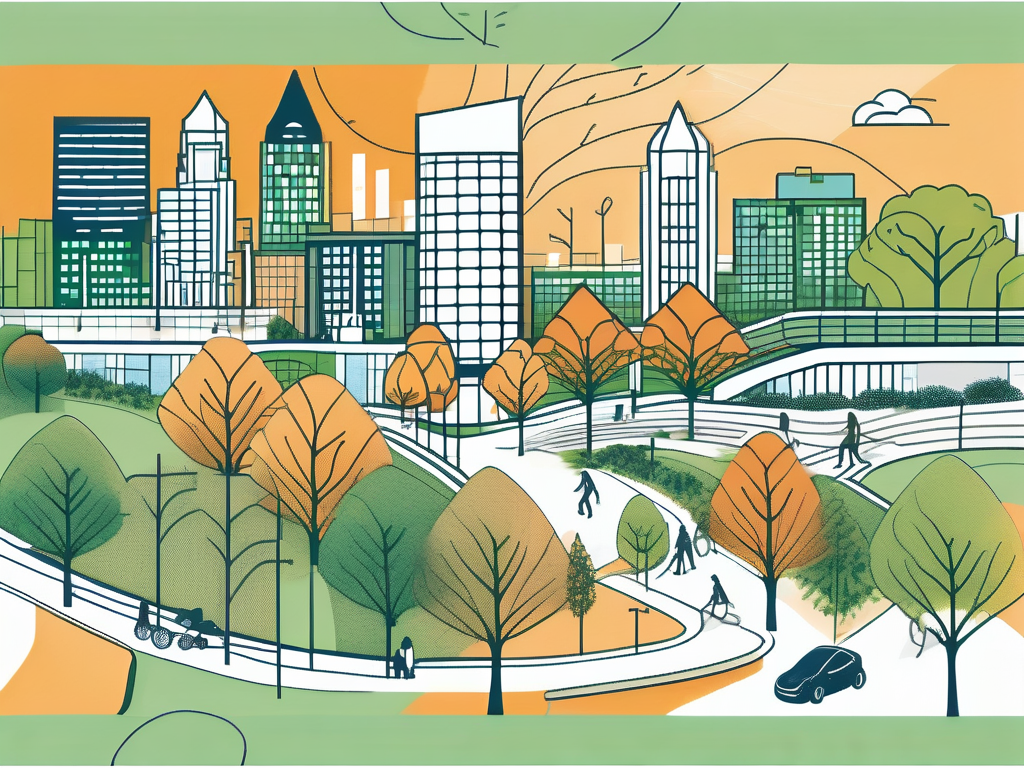
The Role of Policy in Promoting Civic Participation and Engagement
Policy plays a crucial role in shaping the landscape of civic participation and engagement. Local governments can implement policies that encourage active participation through funding community programs, reducing barriers to engagement, and fostering collaboration among civic organizations.
Additionally, policies that prioritize transparency and accountability in governance can build trust and encourage citizens to become involved, ensuring the future strength of New Jersey’s communities.
Envisioning a Future of Strong, Engaged Communities in New Jersey
Envisioning a future where strong, engaged communities thrive requires a collective effort. By prioritizing civic participation and fostering community engagement, New Jersey can create a model for resilience and inclusivity.
As communities grow stronger, they will not only weather challenges but also innovate and adapt, ensuring a vibrant future for all residents. Together, New Jersey’s diverse communities can unite in their shared commitment to building a stronger, more participatory society.











